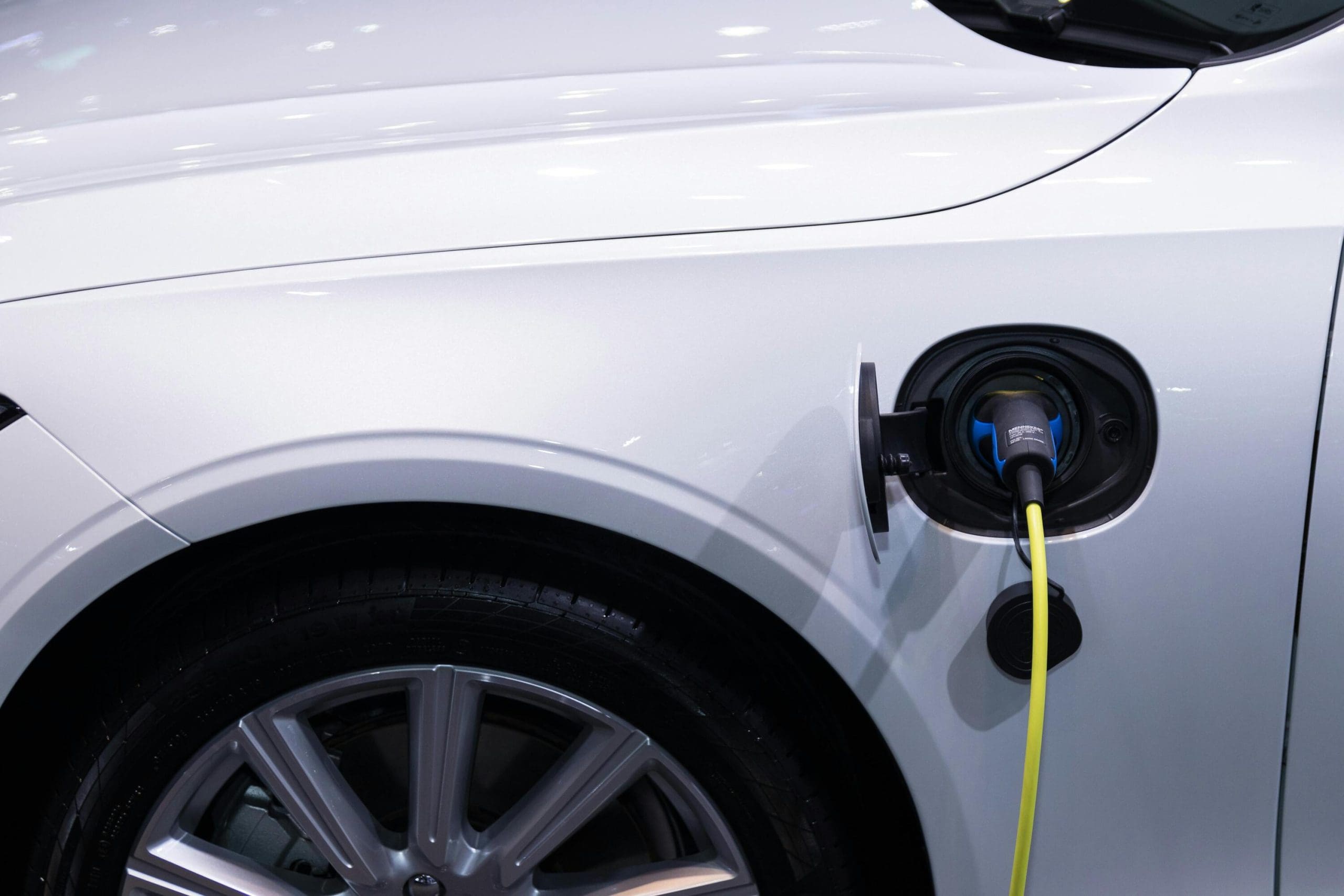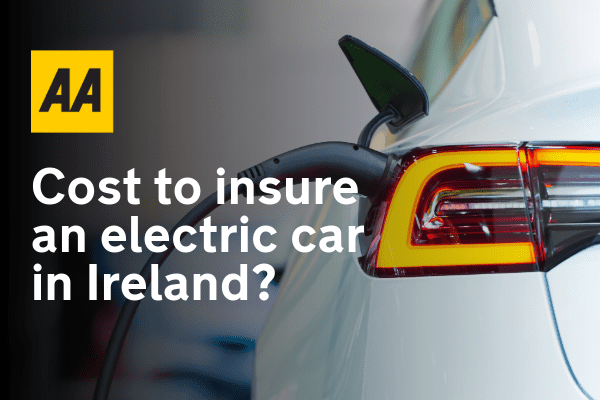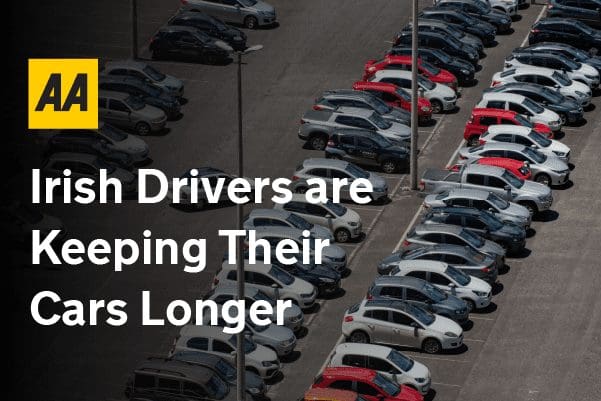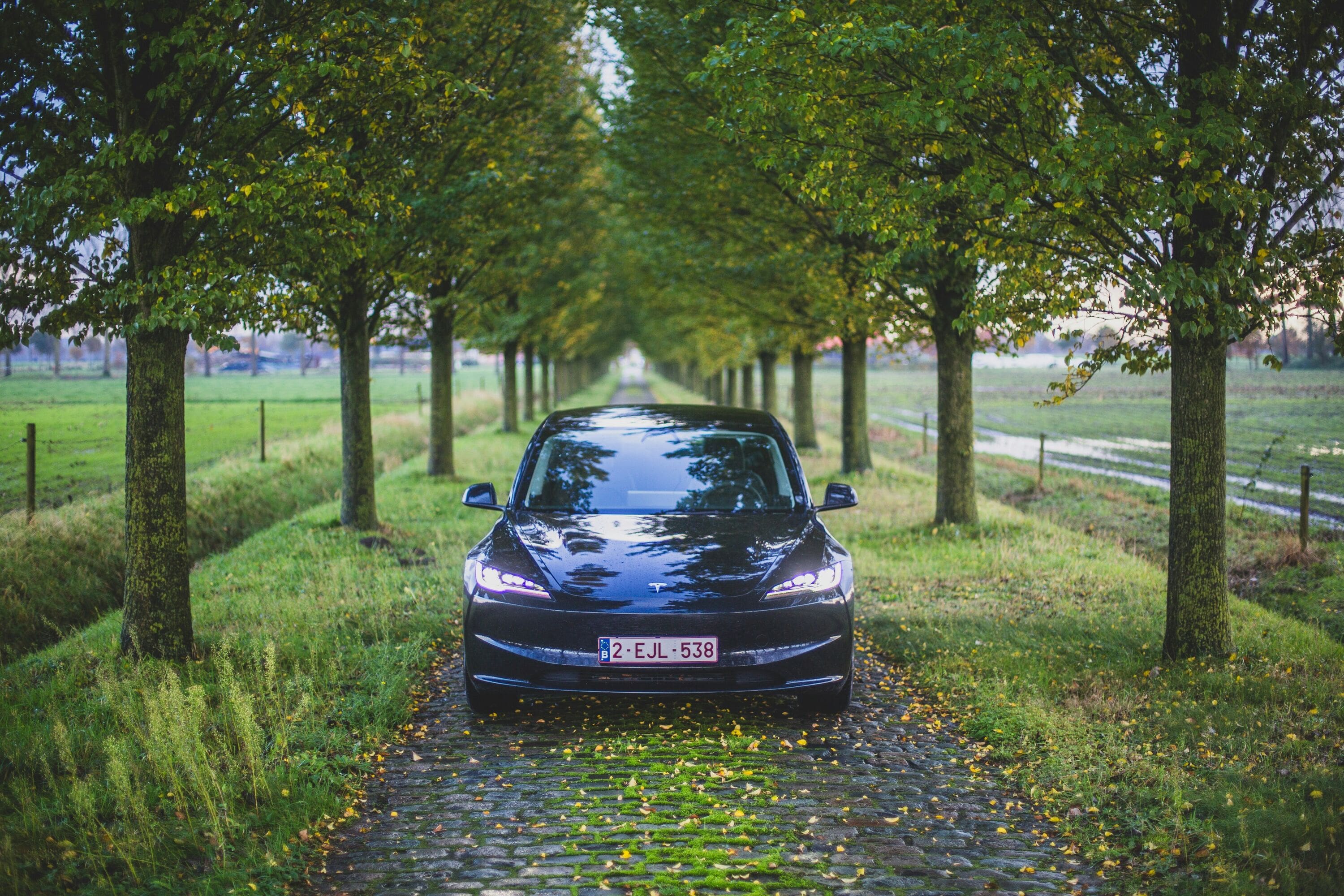You’ve probably heard that the Irish government wants one million electric vehicles on the roads by 2030. In March 2024, there was a 16% decrease in new car registrations compared to March 2023, according to the Society of the Irish Motor Industry (SIMI). This decline follows the trend of fluctuating new car registrations, as in February 2024, there was a significant 25% increase compared to the same month in 2023. Despite the variations in registration numbers, the automotive industry in Ireland continues to see shifts in consumer preferences and buying patterns.
However, a recent AA Ireland survey suggests that Ireland still has a long way to go in achieving this ambitious target. Only 22% of people think the government’s doing enough to get us into EVs. The problem? We’re misinformed. Over half of us think EV batteries die after 100,000km or less – but that’s just wrong. Many manufacturers are offering 160,000km warranties now. And the batteries last for years, not months. They can be recycled too. EV sales jumped 46% in 2023 and 81% in 2022, but 2024’s off to a slow start. That’s likely because of bad press. Just 10% of people plan to go fully electric next time. Cost isn’t the big issue anymore either, with new EV price drops and attractive finance offers. But we do worry about battery health and range. Only 11% of us care mostly about running costs when buying a car. But 34% say battery life is their top EV concern.
Slow EV Adoption in Ireland Despite Ambitious Government Targets
Ireland has set an ambitious goal of 1 million electric vehicles on the road by 2030, but recent surveys show adoption is lagging. Only 22% of respondents in the most recent AA Ireland survey believe the government is doing enough to support EVs.
Lack of Education
The main reason for slow adoption seems to be a lack of education and misinformation about EVs. Over half of respondents think EV batteries last under 100,000 km, though many manufacturers have 160,000 km warranties. Fears of expensive battery replacement are unfounded, as modern batteries are durable and recyclable.
Range Anxiety and Upfront Costs
While EV prices have dropped a lot, 34% of buyers still worry most about battery life and range. Only 11% care most about running costs. Though EV sales rose 46% in 2023 and 81% in 2022, 2024 sales are slow. Negative stories seem to outweigh the benefits of lower fuel and maintenance costs.
Incentives and Infrastructure Needed
To reach the 2030 goal, incentives and infrastructure must improve. Expanding public charging, offering bigger rebates, and tax breaks can ease “range anxiety.” Promoting the long-term savings and environmental benefits of EVs is key. When people realize EVs provide a smart, sustainable transport option, adoption will accelerate.
Ireland is poised for major growth in EVs, but misconceptions are stalling progress. With the right policies and education in place, EVs can become the new normal on Irish roads well before 2030. For now, the AA survey shows there’s still work to be done in convincing motorists to go electric.
EV Battery Life and Range Concerns Holding Buyers Back
A big misconception about EVs is that their batteries don’t last long. In reality, most EV batteries are designed to last over 160,000 km before losing a significant amount of capacity. Many manufacturers offer 8-year warranties to give buyers peace of mind. Despite this, 34% of respondents in the AA survey cited battery life as their top concern.
Battery degradation is minimal
EV batteries lose only about 5% of their capacity in the first 50,000 km. After that, degradation slows to about 1% per 30,000 km. Proper battery management systems also help maximize battery health. The truth is, an EV battery should last the lifetime of the vehicle for most owners.
Range anxiety is overblown
While range was a legitimate concern with early EVs, most new models offer over 300km per charge, which covers the daily needs of over 90% of drivers. Ireland also has over 1,200 public charging points and many more being built. Home charging makes it easy to top up overnight so you can start each day with a “full tank”.
The future is battery recycling
Some critics argue that EV batteries are bad for the environment. However, battery recycling programs now exist to reuse or recycle EV batteries. The materials inside, like lithium and cobalt, are valuable and can be extracted for new batteries. Several companies are also working on new battery technologies that don’t use heavy metals at all.
The misinformation about EV batteries and range is clearly influencing buyer perceptions. But the reality is, modern EVs provide long battery life, enough range for most driving, and batteries that can be recycled sustainably. The sooner we spread the facts, the sooner EVs will be mainstream in Ireland.
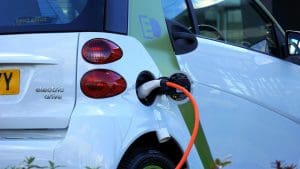
Debunking Common Myths About EVs
EVs are the future of motoring, but misinformation and myths have slowed their adoption. Let’s set the record straight on some common myths about EVs.
EV batteries don’t last long
Many people think EV batteries only last 100,000 km, but that’s false. EV batteries are built to last over 160,000 km, and some automakers offer 8-year warranties. Batteries do degrade over time, but at a much slower rate than most believe. Proper battery care and management can help maximize its lifespan.
Replacing the battery is too expensive
While battery replacement is pricey, it’s often not as expensive as assumed. The average replacement cost is said to cost between €5,000 to €10,000, however there are very few data points on this as most batteries do not need to be replaced but cells/modules repaired not the entire battery. Batteries are also designed to last the lifetime of the vehicle. Plus, used EV batteries have value and can be recycled or repurposed for other applications.
EVs have limited range
EV range continues to improve rapidly. Many affordable EVs now offer over 250 km of range per charge, enough for most daily driving needs. For longer trips, a 30-minute stop at a fast charger can add over 200 km of range. As charging infrastructure expands, range anxiety will fade. For now, think of EVs as perfect for most of your driving, with renting a gas vehicle for the occasional long trip.
EVs are too expensive
While EVs have higher upfront costs, government incentives and lower operating costs help offset the difference. Electricity is cheaper than petrol and diesel, and EVs require less maintenance. The total cost of ownership for an EV and comparable ICE vehicle is often similar over the vehicle’s lifetime. Plus, used EVs are now available at lower prices.
The myths about EVs have lingered too long. The reality is EVs offer a smart choice for the environment and your budget. Do your research and take an EV for a test drive—you may find these myths fading into the past.
The Benefits of Switching to an Electric Vehicle
The advantages of making the switch to an electric vehicle are significant. Once you understand the facts about EVs, the benefits become very compelling.
Lower Running Costs
Contrary to popular belief, EVs are more affordable to run than petrol or diesel vehicles. Electricity is cheaper than fuel, so charging an EV costs less than filling up a tank. The lower maintenance costs of EVs also help lower the total cost of ownership. No more expensive oil changes or smog checks.
Environmentally Friendly
By choosing an EV over a petrol or diesel vehicle, you’ll greatly reduce your carbon footprint. EVs produce zero direct emissions, so you’ll be helping to improve air quality and combat climate change. Many people find driving an EV rewarding because they know they’re making a difference.
Improved Driving Experience
EVs provide an ultra-smooth, quiet driving experience that leads to less stress and fatigue. The instant torque of the electric motor provides exciting acceleration. Regenerative braking allows for one-pedal driving, where the vehicle slows down when you lift off the accelerator, and the energy is fed back to the battery.
Government Incentives
The Irish government offers grants and incentives for people who purchase EVs to accelerate the transition to sustainable transport. You may be eligible for a purchase grant as well as incentives like free tolls, parking, and charging. Local governments and utilities also provide additional rebates and perks for EV owners.
While the upfront cost of EVs remains higher than comparable petrol vehicles, the long-term benefits to your wallet, the environment, and your driving experience make EVs a smart choice for the future. The more people who make the switch, the more affordable and accessible EVs will become for everyone.
EV Insurance & Breakdown Assistance Options to Protect Your Investment
EV Insurance provides more comprehensive coverage for your EV. This type of policy will give you peace of mind that any issues with your EV’s components will be covered.
Roadside assistance is also important for EV owners in the event of a dead battery or other issues. Most major insurers and breakdown coverage providers like the AA now offer emergency roadside response for EVs including mobile charging and towing to the nearest charging station. The AA, for example, offers annual EV emergency roadside assistance starting at €6.50 per month.
Speaking with insurance brokers that specialize in EVs can help you find the right coverage options at a competitive price. Protecting your investment in an EV is worth the extra cost for the peace of mind.





